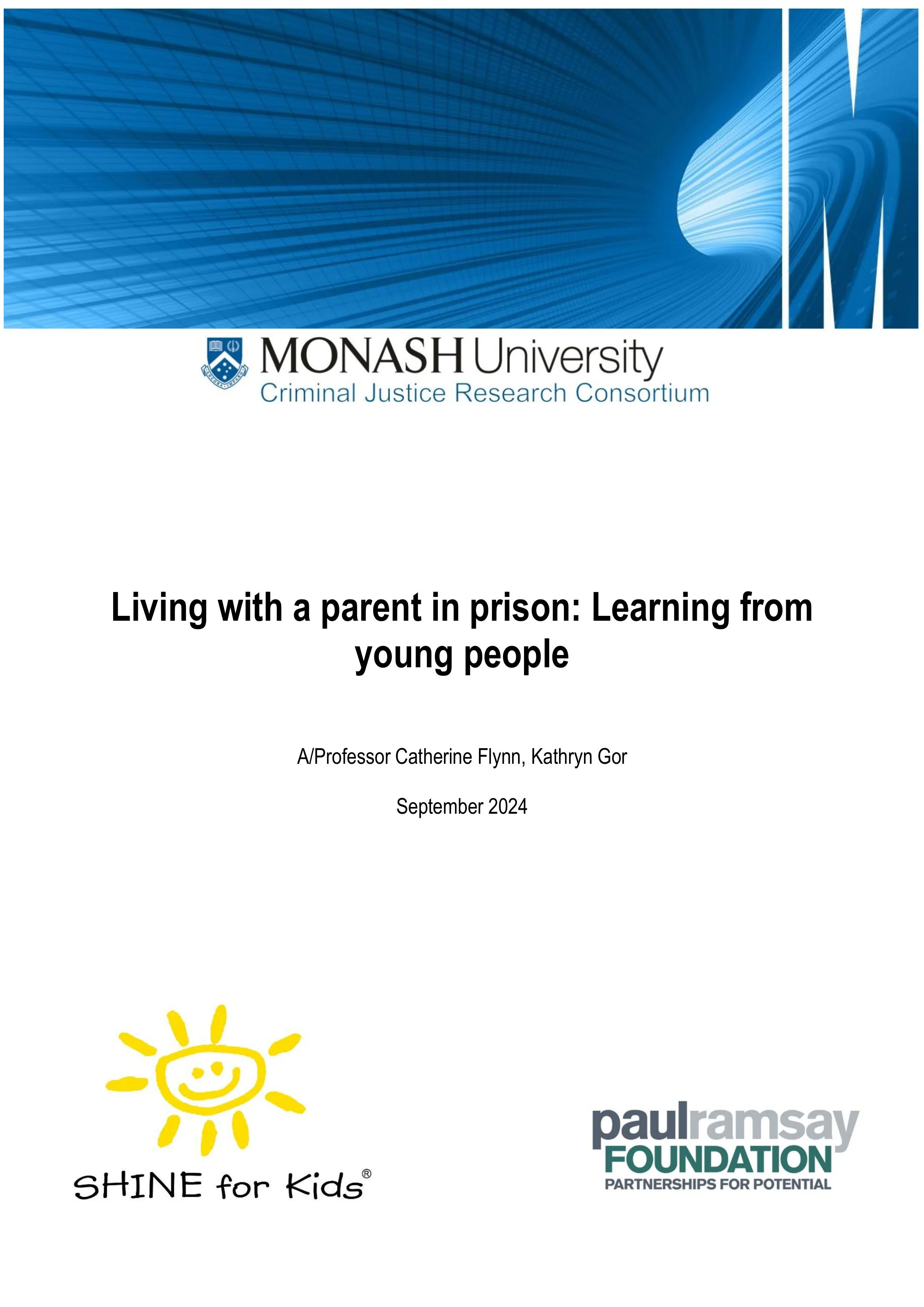By Elina Treyger, Maya Buenaventura, Ian Mitch, Laura Bellows, John S. Hollywood
Between 2020 and 2024, increasing volumes of aliens sought entry at the southwest U.S. border without valid entry documents. Several policies adopted since 2020 have sought to incentivize aliens — particularly those who have intentions of seeking asylum — to present themselves at ports of entry (POEs) and disincentivize crossing unlawfully between POEs. These trends and policies raise a question of the capacity of U.S. Customs and Border Protection's (CBP's) Office of Field Operations (OFO) to process such aliens and unaccompanied alien children (UACs) through POEs. A congressional request sought an analysis that could shed light on whether and how well OFO would be able to process increased volumes and the resources it would need to do so. This report is the result of that analysis.
Key Findings
There are multiple pathways for processing likely asylum seekers and UACs through POEs. This is a function of several factors, such as whether the alien arrives with a CBP One appointment; whether they are a member of a family unit, a UAC, or a single adult; whether derogatory information is discovered about the alien; and detention facility capacity.
OFO's capacity to process this population varies across time and POEs and is constrained by a mix of individual case characteristics; staffing; infrastructure and equipment; capacity; the capacity of U.S. Immigration and Customs Enforcement, U.S. Department of Health and Human Services, and U.S. Citizenship and Immigration Services; and operational demands.
The authors infer that OFO's effective monthly capacity to process likely asylum seekers and UACs in a safe, humane, and orderly manner at the level of resources present as of May 2023 is around 47,000–48,000 aliens.
Substantially increasing OFO processing capacity such that all or most likely asylum seekers and UACs (based on levels observed between October 2022 and February 2024) are processed at POEs would be extremely challenging at best.
Santa Monica, CA: RAND, 2025. 209p.





